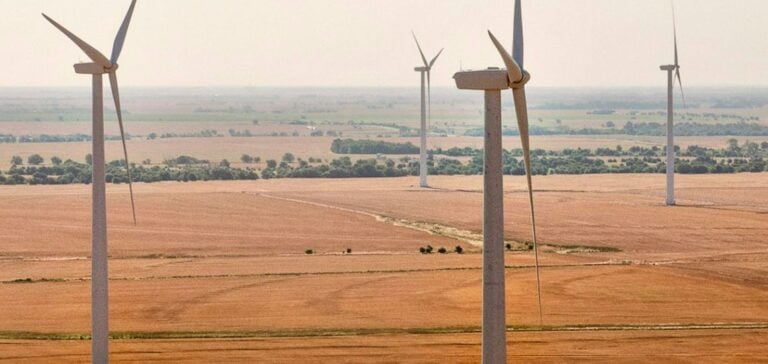The U.S. justice system has issued a binding ruling against Enel, the Italian energy group, requiring the dismantling of its Smokey Hills wind farm, with a capacity of 150 megawatts (MW). The site, spanning 8,400 acres in Osage County, Oklahoma, was found in violation of federal and tribal laws protecting the mineral rights of the Osage Nation. In addition to restoring the land to its original state by December 2025, the company must pay $300,000 in compensation.
Legal and Financial Context
This ruling concludes more than a decade of legal proceedings initiated in 2014 by U.S. authorities on behalf of the Osage Nation. The dispute centered on the lack of a required permit for the exploitation of underlying mineral resources, despite Enel securing surface rights for the project. Judge Choe-Groves emphasized the importance of respecting laws that safeguard indigenous communities’ rights to their lands and natural resources.
The judgment also requires Enel to cover the legal costs incurred by the Osage Nation and the United States. The protracted nature of the conflict highlights the complexities of interactions between energy developments and protected land rights.
Impact on the Renewable Energy Sector
This verdict sheds light on the regulatory challenges faced by companies involved in the energy transition, particularly when operating on tribal or protected lands. Market players now face increased pressure to adhere strictly to local and federal laws, under the risk of significant financial and reputational consequences.
For investors and operators in the sector, this case underscores the importance of conducting thorough due diligence on regulatory and environmental aspects before launching large-scale projects. The necessity for consultations and explicit agreements with local stakeholders has become a strategic imperative.
Outlook for Operators
Enel’s case could set a precedent in other disputes involving energy projects on sensitive lands. Companies will need to adapt their development strategies by taking greater account of local community demands and complex legal frameworks to safeguard their investments.






















